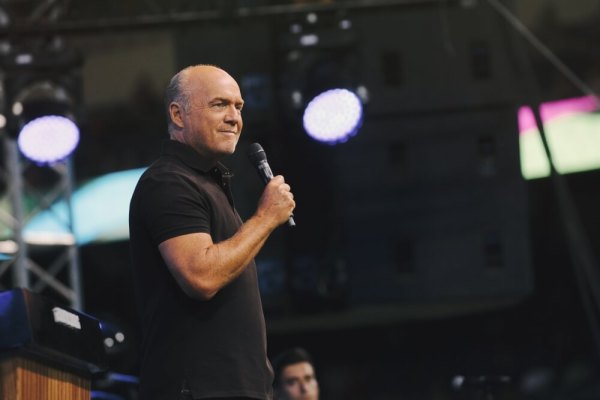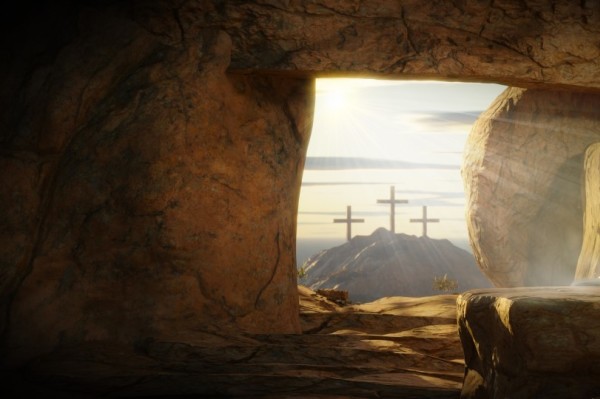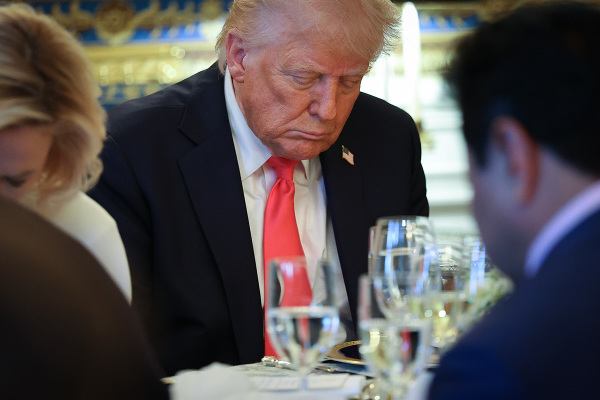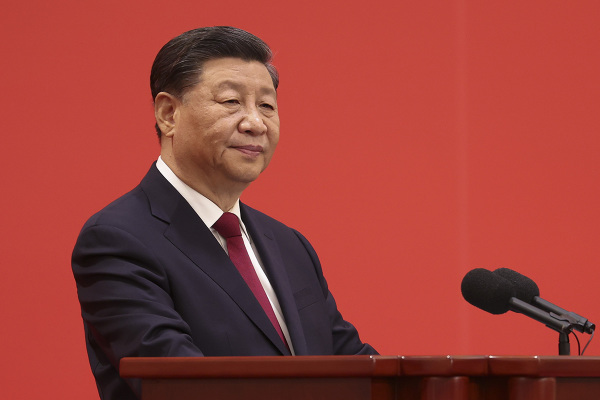Osteen: Politics is Good, but Not in My Pulpit
The seemingly always smiling, positive-thinking pastor to America's largest congregation welcomes everyone to his church, including office holders and politicians – as long as they agree to leave politics outside the church doors.
Joel Osteen, best-selling author and pastor of the 47,000-member Lakewood Church in Houston, has a strict policy of not allowing any politician or government office holder to speak in his church about politics. Osteen also does not endorse any political candidate, although he doesn't mind putting in a good word for the person if he or she happens to visit the church.
"Part of it is how I was raised," Osteen explained in a Newsweek interview this week. "My father…kept it out of the pulpit."
The no-politics-in-pulpit policy stems from back in the days of John Osteen, founder of Lakewood Church. The then 6,000-member congregation would see local candidates swing by for a visit every time the city council race would get close in hopes of appealing to the voting flock.
"It just got to the point where it didn't seem right," the younger Osteen said. "Now that we've grown it's the same thing."
He noted, however, that he is a "strong believer" in honoring the people who serve the country through public office, but with only a brief introduction and a thank you for their service during worship time.
"If one of the presidential candidates were to attend, they certainly deserve honor," Osteen said. "[But] I think we say we don't let them speak because, well, who wouldn't want to come to speak to 40,000 people here? We would introduce them and I would always put in a good word, whether they are Democrat or Republican."
His view contrasts those of many pastors who have allowed or even invited the 2008 presidential candidates to speak in their pulpit. Mike Huckabee, himself an ordained pastor, has spoken at dozens of churches across America while on the campaign trail.
Meanwhile, fellow seminary pal and megachurch pastor Rick Warren has invited all the presidential candidates to speak at his church, and actually shared the church stage with Sens. Hillary Clinton and Barack Obama – albeit it was an HIV/AIDS church conference and not a worship service.
Warren will join his fellow pro-politics and religion friend Huckabee this spring to address preachers on how to effectively talk about politics and social and cultural issues from the pulpit during a conference on Apr. 7-9 in Washington, D.C.
Warren will address what goes through his mind when he invites political figures to speak from his pulpit, and Huckabee will share about his own experiences of merging the two worlds.
Notably, Huckabee in a recent interview with The Associated Press said he learned to be a politician in church. He said he learned to connect to people, raise money and navigate contentious elections by pastoring a congregation and through a successful bid for the presidency of the Arkansas Baptist State Convention.
In some sense, Osteen also supports mixing religion and politics. The popular pastor agrees with the many influential Christian leaders who have worked hard to push the Christian agenda in society.
"I'm 100 percent behind them. They're great debaters. They're great at making their points. I think there are times when we need to get involved," he said.
But Osteen noted that what he doesn't like is when Christian leaders get a label because they become too political.
"That's what I don't like. When it's too politicized," he stated. "There's a fine line there, but I think we can't just sit back and let everybody else express their views. I think it's important that we as believers in Christ express our views."
While Osteen – whose sermons are televised in more than 100 countries, drawing about 7 million viewers each week – won't allow the potential next U.S. president to speak from his pulpit, many churches across the nation are welcoming with open arms candidates to theirs.
In a presidential race where being religious is an emblem of honor, candidates in both parties will surely continue to knock on the doors of pastors and their churches, although perhaps not at Osteen's church.





















